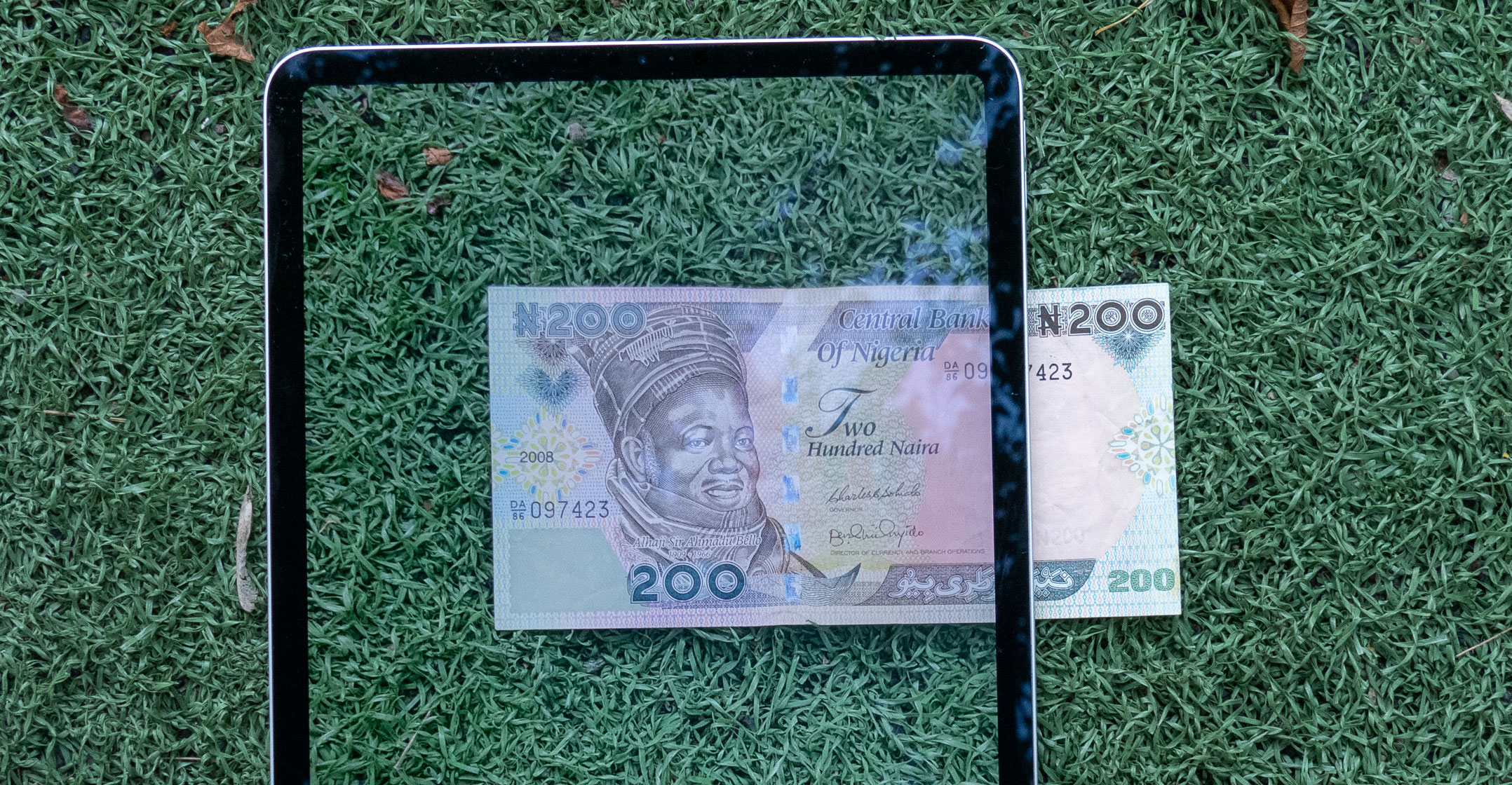 Cash in circulation in Nigeria rose to a record in October despite a push by authorities to engender cashless transactions and control money supply in Africa’s most populous nation.
Cash in circulation in Nigeria rose to a record in October despite a push by authorities to engender cashless transactions and control money supply in Africa’s most populous nation.
The amount of naira notes and coins circulating in the economy increased 4.6% to ₦3-trillion (R116-billion) in October from the previous month, according to the Central Bank of Nigeria data. Broad money supply, or M2, surged to a record ₦41.4-trillion (R1.6-trillion) in the same month.
Nigeria in October introduced a digital currency, while a host of fintech companies are trying to woo residents in a nation where 36% of adults don’t have access to banking services. But cash is still the main mode of transaction, especially in rural areas. The jump in money supply also raises the risk of inflation, which at 15.99% has exceeded the central bank’s single-digit target for six years.
The regulator has kept the policy rate unchanged at 11.5% since last year in a bid to rein in price rises.
Nigeria’s eNaira, which the central bank hopes will expand digital payments, reduce cost of printing and processing cash and deepen financial inclusion, lured about half a million people on the digital platform as of mid-November.
Meanwhile, fintech firms such as TeamApt and OPay are attracting private equity funds as they scale up in the continent’s biggest economy. — Emele Onu, (c) 2021 Bloomberg LP




